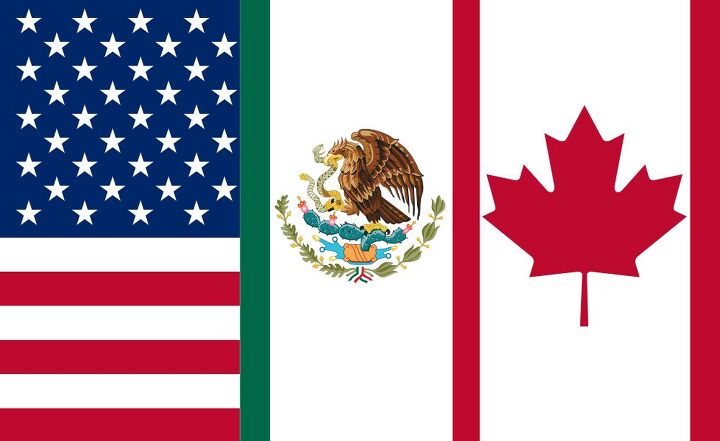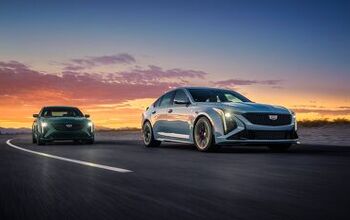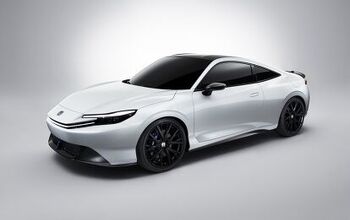U.S. Is Intentionally Sabotaging NAFTA Trade Talks, Officials Claim

President Donald Trump entered into office threatening to abandon the North American Free Trade Agreement if the United States was not given a better deal immediately. But, after negotiations began, it looked as if his ultimatum would be unnecessary.
Now, U.S. officials involved in NAFTA negotiations are being accused of making proposals on issues Mexico and Canada have said they would never agree to. Are these bold negotiation tactics being used to place the U.S. in a better position for future issues, or are trade arbitrators intentionally trying to sabotage talks so Trump can make good on his promise to leave the agreement?
According to Bloomberg, two unnamed officials indicate it is their belief that it’s the later reasoning, stating that some of the United States’ more recent proposals would make it impossible to reach a settlement.
As the negotiations are intended as private dealings between countries, exactly what was on the table is a mystery. However, some details have been made public. Among them are the insistence that the U.S. limit its market for contracts at a dollar-for-dollar rate with the combined Canada-Mexico market. While this could be feasible in some industries, the United States’ much larger population and economy makes it difficult to achieve overall.
Both countries have expressed concerns that this would leave them with diminished access to U.S. procurement, making them second-tier trade partners.
At the core of this entire issue is the automotive industry. Trump has made cutting the trade deficit as the primary goal for the NAFTA renegotiations. Cars are easily the largest disparity between the United States and Mexico. The U.S. has demanded a deal that provides better terms for American workers and its industries, especially automotive.
The United States has also said it wants open so-called seasonal products, like produce, to dispute-resolution mechanisms. This is anticipated to lead to numerous disputes with U.S. growers and possibly end in tariffs, which could severely handicap Mexican exports. There have also been proposals to eliminate the preferential tariffs on textiles from Canada and Mexico over two years.
As for the possibility that the U.S. could be bluffing, there is reason to take these threats seriously. On Tuesday, the Department of Commerce decided Bombardier aircraft should be subject to a 219-percent import tax after Boeing complained Bombardier was issued unfair subsidies from Canada and Britain. Justin Trudeau, Donald Trump, and U.K. prime minister Theresa May discussed the matter this week, but there appears to have been no resolution to the measure.
Taxing imported cars has been a longstanding threat of the Trump administration, but domestic automotive manufacturers have a lot of interest tied up in other countries and, as a result, haven’t been nearly as enthusiastic. The U.S. also hasn’t made any definitive demands in regard to the automotive sector during this last round of talks — at least, none that we know of.
U.S. Trade Representative Robert Lighthizer told reporters Wednesday that “significant progress continues to be made” in the NAFTA talks. Still, he expressed his concern that “there is an enormous amount of work to be done, including on some very difficult and contentious issues.”
The next round of talks will take place in Washington, starting October 11th. Officials expect the United States to finally present its proposals on automotive rules of origin and take a controversial position against the other two countries. Odds are good that the U.S. will demand that a significant share of a car must be made in the three countries to enjoy tariff-free benefits, along with a highly U.S.-specific content requirement.
Foreign officials have already said those rules would be nearly impossible for the other countries to accept.
[Image: NAFTA Secretariat]

A staunch consumer advocate tracking industry trends and regulation. Before joining TTAC, Matt spent a decade working for marketing and research firms based in NYC. Clients included several of the world’s largest automakers, global tire brands, and aftermarket part suppliers. Dissatisfied with the corporate world and resentful of having to wear suits everyday, he pivoted to writing about cars. Since then, that man has become an ardent supporter of the right-to-repair movement, been interviewed on the auto industry by national radio broadcasts, driven more rental cars than anyone ever should, participated in amateur rallying events, and received the requisite minimum training as sanctioned by the SCCA. Handy with a wrench, Matt grew up surrounded by Detroit auto workers and managed to get a pizza delivery job before he was legally eligible. He later found himself driving box trucks through Manhattan, guaranteeing future sympathy for actual truckers. He continues to conduct research pertaining to the automotive sector as an independent contractor and has since moved back to his native Michigan, closer to where the cars are born. A contrarian, Matt claims to prefer understeer — stating that front and all-wheel drive vehicles cater best to his driving style.
More by Matt Posky
Latest Car Reviews
Read moreLatest Product Reviews
Read moreRecent Comments
- Kjhkjlhkjhkljh kljhjkhjklhkjh A prelude is a bad idea. There is already Acura with all the weird sport trims. This will not make back it's R&D money.
- Analoggrotto I don't see a red car here, how blazing stupid are you people?
- Redapple2 Love the wheels
- Redapple2 Good luck to them. They used to make great cars. 510. 240Z, Sentra SE-R. Maxima. Frontier.
- Joe65688619 Under Ghosn they went through the same short-term bottom-line thinking that GM did in the 80s/90s, and they have not recovered say, to their heyday in the 50s and 60s in terms of market share and innovation. Poor design decisions (a CVT in their front-wheel drive "4-Door Sports Car", model overlap in a poorly performing segment (they never needed the Altima AND the Maxima...what they needed was one vehicle with different drivetrain, including hybrid, to compete with the Accord/Camry, and decontenting their vehicles: My 2012 QX56 (I know, not a Nissan, but the same holds for the Armada) had power rear windows in the cargo area that could vent, a glass hatch on the back door that could be opened separate from the whole liftgate (in such a tall vehicle, kinda essential if you have it in a garage and want to load the trunk without having to open the garage door to make room for the lift gate), a nice driver's side folding armrest, and a few other quality-of-life details absent from my 2018 QX80. In a competitive market this attention to detai is can be the differentiator that sell cars. Now they are caught in the middle of the market, competing more with Hyundai and Kia and selling discounted vehicles near the same price points, but losing money on them. They invested also invested a lot in niche platforms. The Leaf was one of the first full EVs, but never really evolved. They misjudged the market - luxury EVs are selling, small budget models not so much. Variable compression engines offering little in terms of real-world power or tech, let a lot of complexity that is leading to higher failure rates. Aside from the Z and GT-R (low volume models), not much forced induction (whether your a fan or not, look at what Honda did with the CR-V and Acura RDX - same chassis, slap a turbo on it, make it nicer inside, and now you can sell it as a semi-premium brand with higher markup). That said, I do believe they retain the technical and engineering capability to do far better. About time management realized they need to make smarter investments and understand their markets better.


































Comments
Join the conversation
Trump is all bluster so he starts with a ridiculous opening bid, but realistically hopes to end up somewhere in the middle - typically door-in-the-face negotiating and it does work much of the time. Get too tough on Mexico and they better get that wall done quickly because bad economic conditions south of the border mean more "undocumented" immigrants arriving north of the border.
Bombardier is a good example of how twisted economic relations have become. One might think that the whole idea of American airlines and passengers benefiting from the fact that the British and Canadian tax payer have subsidized the development of Bombardier passenger jets would appeal to Trump.